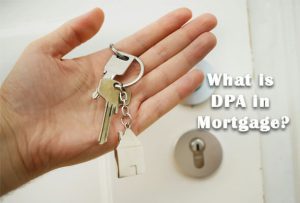A halal mortgage is a home financing option that basically doesn’t charge any interest. This is because the halal mortgage is built upon the principles of the Islamic religion, which is known as the Sharia Law. But how do they actually work in practice?
In this blog post, Sire Finance will help you decide whether this financing option is right for you by breaking down everything you need to know about halal mortgages– from the basics to the benefits.
What is a Halal Mortgage?
If you want to avoid interest-based transactions, then a Halal Mortgage, or Islamic mortgage, should probably entice you. To put it simply, a Halal Mortgage is a Sharia law-compliant home financing option. Fundamentally, the reason why a Halal Mortgage doesn’t charge interest (riba) is due to the fact that interests in any form are prohibited by Islamic principles.
Hence, at its core, a halal mortgage ensures that all transactions are transparent, ethical, and rooted in real assets, making it a trusted option for individuals seeking values-aligned financing.
Key Features of a Halal Mortgage

Unlike conventional mortgages that charge interest (riba), halal mortgages offer an ethical, interest-free alternative for homeownership.
Other than that, the following are some of the key features of a Halal Mortgage:
- Interest-Free. As this blog post has already stated several times, halal mortgages carry no riba or interest. This guarantees that the transaction complies with Sharia Law, which is meant to be fair for all parties involved.
- Asset-Backed. In a halal mortgage, a real, tangible asset is always tied to the mortgage, typically a property or home being financed. As such, the transactions are free from any speculation and are grounded in real economic value.
- Shared Risk. In a Halal mortgage, the risk is divided between the lender and the borrower, compared to conventional mortgages, where the borrower carries all of the financial burden. This also guarantees fairness in all transactions and minimizes predatory lending.
Common Types of Halal Mortgages
There are multiple types of halal mortgages that are different in structure but are designed to be compliant with Sharia Law. Let’s explore the most common types below:
Murabaha Mortgage
If you are looking for cost-plus financing, Murabaha Mortgage is ideal for you. Under this arrangement, the lender purchases the property on your behalf and resells it to you at a marked-up price without interest, and you can pay back the fixed price in monthly installments without having to worry about any interest rate.
Ijara Mortgage
Ijara mortgage is a lease-to-own option. Under this mortgage, you enter into a leasing contract with the bank and agree to pay a monthly rent. The monthly rent is normally based on the property value and the fair market rate.
That is, you will pay rentals for a set period, and if you have paid the agreed amount at the agreed period, you can claim full ownership of the property. Transparent terms ensure fairness throughout the process.
Musharakah Mutanaqisah
A Musharakah Mutanaqisah mortgage offers a diminishing partnership where you and the bank co-own the property. In this type of mortgage, you gradually buy out the bank’s share of the property while paying rent on their portion.
Eventually, once you buy out all of the bank’s shares on the property, you can claim full ownership, making you its sole owner.
How Does a Halal Mortgage Work?
A Halal mortgage is a straightforward and principled option for you to secure your dream house/property.
Here’s a step-by-step explanation of how it works:
- Application: Start by contacting one of the reliable Islamic banks or a Sharia-compliant bank, and sometimes a third-party advisor or Islamic scholar, that specializes in offering home/property financing options. They will be the ones responsible for the financial backing for the property purchase and ensuring that all transactions duly follow Islamic principles. You can start by providing them with your requirements so that they can offer you a halal mortgage that fits your needs.
- Assessment: Your financial profile will be thoroughly examined to determine if you are eligible for a Halal Mortgage. You will have expert guidance from a Sharia advisor throughout the process to ensure your mortgage is completely compliant with the principles of Islam.
- Structure Selection: According to your needs and economic situation, the lender will assist you in selecting the optimum type of mortgage that is either Murabaha (cost-plus financing), Ijara (lease-to-own), or Musharakah Mutanaqisah (diminishing partnership) for you with their unique yet ethical manner to fund your property.
- Property Purchase: Your lender purchases your property on your behalf, with the banking being grounded on ethical asset-backed finance.
- Payment Agreement: Rather than interest, an agreed profit rate or rent is paid upfront, so you have a clear idea of what you’re getting without any surprise charges or hidden costs.
- Ownership Transfer: As you pay, you gradually own the property outright, becoming more financially independent and morally responsible homeowners.
Benefits of a Halal Mortgage
A Halal mortgage is not merely about homeownership but more about making an ethical decision that aligns with your values.
Here’s how a Halal mortgage can transform your home financing:
- Ethical Financing with No Interest. As stated, a Halal mortgage is the ideal choice for those who do not wish to have interest-based mortgages or loans. With its Sharia Law compliance, you will never worry about rising interest charges. Profit margins or rental payments are used to structure the agreement to ensure ethical and transparent financing that is compliant with your principles.
- Asset-Backed Financing for Stability. Since Halal Mortgages are backed by tangible assets, that is, your loan is not tied to risky investments or fluctuating financial markets, so it is more stable and secure than conventional loans.
- Shared Risk for Fairness. The shared risk in Halal mortgages guarantees that your lender will not take advantage of you in any way.
- No Hidden Fees or Penalties. Transparency is central to the halal mortgage. This means that halal mortgages come with no hidden fees or penalties.
Challenges of Halal Mortgages

No financial model is free from challenges, even Halal mortgages, and it’s crucial that you know these challenges that may come your way in choosing to finance your dream home.
Here’s a closer look at the factors that you should consider before jumping into the major decision:
- Higher Upfront Costs. Halal mortgages, especially Murabaha mortgages, can be more expensive in terms of upfront costs than traditional mortgages. In Murabaha mortgages, the property is purchased by the lender on your behalf and resold to you at a price marked up with a premium that sometimes makes halal mortgages more costly for individuals with limited amounts of initial capital. Although you’re not paying interest, the property could be more expensive than its market value.
- Limited Availability in Certain Regions. Despite the global expansion of Islamic Finance, Sharia-compliant home financing is not available to all banks or financial institutions, particularly in areas where Islamic banking is less prevalent. Furthermore, there could be legal or regulatory prohibitions in certain countries or regions against the widespread provision of Halal mortgages.
- Complexity with Sharia-Compliant Structures. Halal mortgages are constructed on the framework of Sharia law, so they are structured differently from regular or conventional loans. Every model is different and comprises special terms and conditions that might need further explanation, like the difference between rent charges and profit margins and how ownership works.
Who Should Consider a Halal Mortgage?
Halal mortgages are ideal for Muslims who want to follow Sharia law and avoid interest-based financing. But it also aligns with people who care about ethical, transparent, and equitable financial practices.
A halal mortgage could offer an alternative for anyone with a desire for a more responsible and equitable means of home financing, thanks to its interest-free nature, shared risk approach, and transparency.
Halal Mortgages vs. Conventional Mortgages
There are two main types of mortgages that exist to finance a home: (1) Halal mortgages and (2) Conventional Mortgages. They differ in interest, risk-sharing, and transparency.
- Interest vs. Profit. In a conventional mortgage, the borrower repays the lender with interest. This interest significantly adds to the overall cost of the loan in the long term. In comparison, Halal mortgages do not apply interest and rather utilize profit-sharing arrangements.
- Risk-Sharing vs Individual Responsibility. In Conventional mortgages, the borrower is fully responsible for paying back the loan; thus, the borrower is solely responsible, including the risk of foreclosure. Risk in Halal mortgages, as explained earlier, is distributed between the lender and borrower. This makes it a more equitable financial contract.
- Transparency. Conventional mortgages may involve complicated terms, which could make it difficult for borrowers to comprehend the entire cost of the loan. Halal mortgages are normally more transparent because the lender’s profit margin is clearly set, and there are no hidden charges for fees, interest, or penalties.
Can a Halal Mortgage be Used to Purchase Any Property?
A Halal mortgage can be used for buying properties, provided that they meet certain guidelines in accordance with Islamic values:
- Purpose of the property: The property should not be used for any activity regarded as haram (forbidden) in Islam, like gambling, alcohol-based businesses, pig farming, or any other Islam-prohibited activities.
- Intention of the property: The intention of the property must conform to Islamic principles. For instance, a business property intended to pursue the goal of usury (interest charging) or other illegitimate goals would not qualify.
- Regional legislation and cultural factors: Regional laws or culture may also limit the property eligible for a Halal mortgage. For example, houses and properties within areas where haram activities are common, such as casinos or nightclubs, would not qualify for a Halal mortgage regardless of their ultimate use.
Ultimately, always seek advice from a Halal mortgage provider to make sure the property you are interested in buying fulfills these requirements.
How to Choose the Right Halal Mortgage for You

To help guide your selection, here are some helpful steps to assist you in making the best decision:
- Assess Your Finances: Determine how much rent and deposit you can comfortably afford. This will assist you in selecting the type of Halal mortgage you should avail yourself of.
- Compare Providers and Terms: It’s vital that you compare various lenders since not every Halal mortgage lender provides the same terms. Some of them charge higher profit rates, while others provide more convenient repayment terms.
- Assess the Property’s Adherence to Islamic Teachings: Make sure that the property you are planning to buy is in accordance with Islamic values. Check the purpose and location of the property to guarantee that it complies with Islamic teachings.
- Consider the Length of the Mortgage and Flexibility: Research the mortgage term (how long you will be repaying the loan) and determine if it provides sufficient flexibility to change if your financial situation changes. Some Halal mortgages, such as Ijara, might be more flexible, while others might be less flexible.
- Consult Financial Advisors and Islamic Scholars: Most importantly, consult with professionals to ensure the mortgage product complies with Sharia law and your financial status.
Exploring Halal Mortgages with Sire Finance
Taking everything into account, Halal mortgages have an interest-free nature and come in many forms, such as Murabaha, Ijara, and Musharakah Mutanaqisah, which all conform to Sharia law. Halal mortgages provide an open, moral alternative to standard home loans. Choosing a house that is aligned with Islamic morals is a vital element in Halal mortgages.
If you are searching for a home financing plan that is interest-free and in line with your personal and religious ethos, Sire Finance can assist you. We excel at offering Sharia-compliant mortgage plans that fit your requirements and have a transparent, fair process. There are logical steps that will help you choose the best mortgage product for your financial situation, and we are here to guide you through it all!
Contact Sire Finance today, consult with our top Sharia advisors, and start your journey in acquiring a Halal mortgage that is consistent with your values and financial goals. Let us guide you on the way to homeownership with integrity and confidence.




